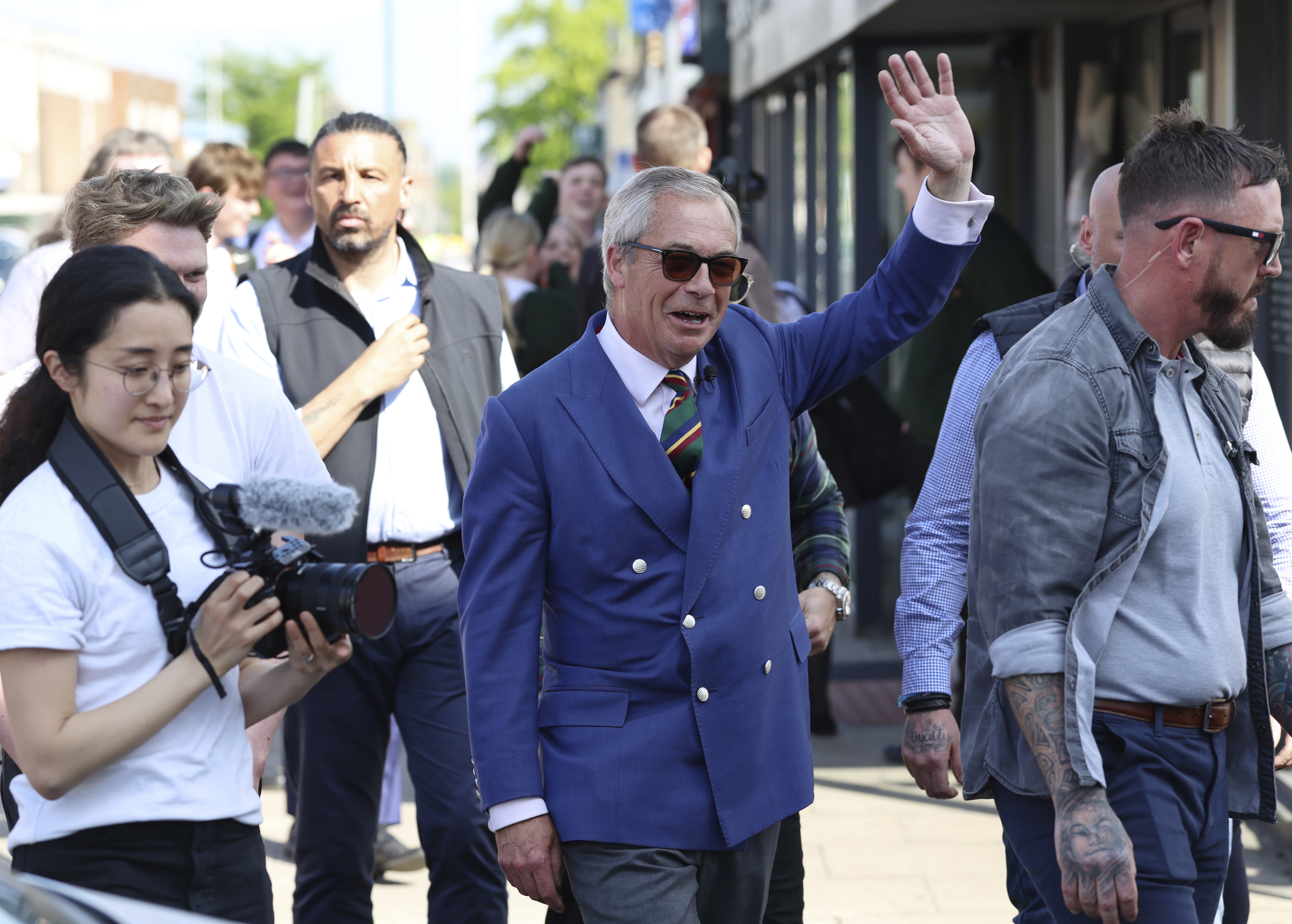If there is a definition of a voter U-turn, this is it: nine months ago, on July 4, the Labour Party won the Rucon and Helsby constituency seat in northwest England by 15,000 votes. This Thursday, May 1, they lost it to the far-right Reform Party, founded and led by the ideological father of Brexit, Nigel Farage.
Although the ultra victory was by a slim margin - just six votes - it signals a potentially radical change in British politics, with the Reform Party clearly aiming to become the major force on the right, replacing the Conservatives or 'Tories'. Clearly, the most interested in promoting this idea is Farage, who greeted the victory with a "we are now the opposition to Labour."
Beyond the election rhetoric, the vote reflected an extraordinary advance of the Reform Party, which had already been predicted in polls, at the expense of the two major parties that have dominated British politics for the past eight decades: Labour and the Conservatives.
The polls were correct. The far-right Reform Party has taken Lincolnshire county from the Conservatives, a predominantly rural area of about 6,000 square kilometers (approximately the size of Cantabria) and a million inhabitants (similar to Asturias). Lincolnshire thus becomes the first local governing body where the Reform Party will hold power.
From a national political perspective, Thursday's elections have no relevance. But they do mark a clear trend of the rise of the Reform Party that threatens to overtake the Conservative Party and become something it has never achieved before: a viable alternative for power. For Conservative leader, Kemi Badenoch, this is a very serious problem, compounded by prominent political figures leaving the party for Farage. At this point, Badenoch's survival in office until the elections scheduled for 2028 or 2029 seems unlikely.
But Farage's victory is also a threat to Prime Minister Keir Starmer's Labour Party. The case of Rucon and Helsby has shown a clear shift of votes from the center-left to the far-right, threatening the power base of Labour.
Farage's ultranationalism is similar to Donald Trump's, with an absolute and total rejection of immigration and multilateralism, starting with the European Union. Like the American case, his voters are mainly from lower-educated social groups. Farage, a top-notch political chameleon, has also managed to ensure that Trump's poor image in the UK does not harm his party's electoral prospects.
